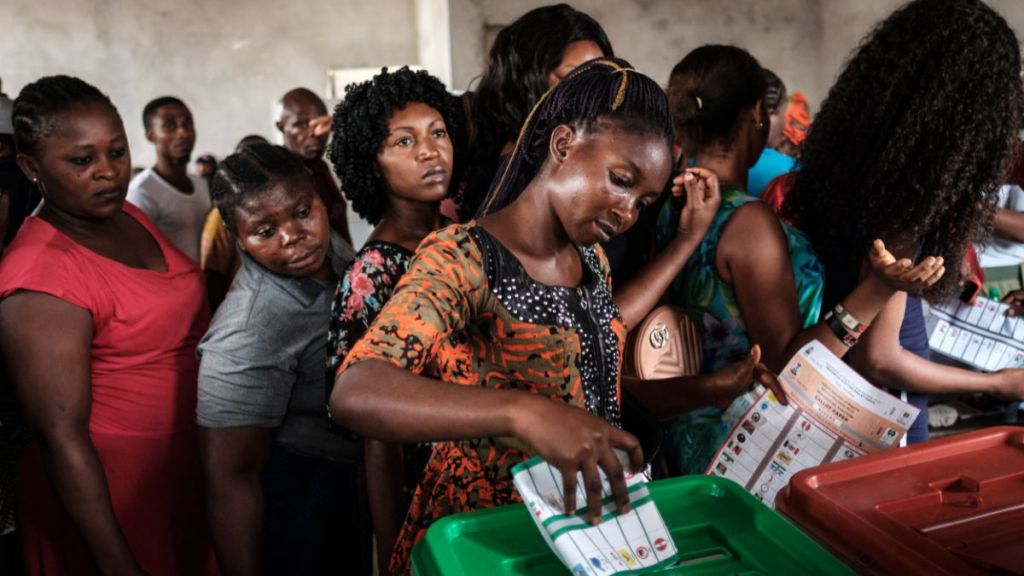
The former First Lady of Ekiti State, Bisi Adeleye-Fayemi, has called for urgent action to bridge the gender equality gap in Nigeria, highlighting both progress and persistent challenges in implementing the Maputo Protocol.
Speaking at the 4th Annual Transformative Gender Justice Conference in Abuja on Tuesday, February 25, she addressed stakeholders from faith-based organisations, government agencies, and civil society groups, urging them to move beyond rhetoric to meaningful change.
The event, organised by Christian Aid (UK) Nigeria in collaboration with several partners, focused on the theme "March Forward: From Promises to Progress – Advancing the Implementation of the Maputo Protocol."
The conference aimed to assess the progress, challenges, and opportunities in implementing the African Charter on Women’s Rights, adopted in 2003.
Adeleye-Fayemi provided a historical context, recalling how African leaders like former Presidents Thabo Mbeki, Olusegun Obasanjo, Paul Kagame, and others championed the protocol to guarantee women's rights.
While acknowledging that 44 out of 55 African nations have ratified the protocol, she stressed the implementation gaps due to ambiguous legal systems, lack of political will, and deeply entrenched patriarchal norms.
“In 2024, Nigeria ranks 125th out of 146 countries on the Global Gender Gap Index. We share the same category as Afghanistan and the Democratic Republic of Congo. This is unacceptable,” Adeleye-Fayemi stated.
“Nigeria has one of the highest maternal and infant mortality rates globally, and 22 million child brides. These statistics highlight the urgent need for policy enforcement and cultural shifts.”
Despite the sobering realities, she pointed out areas of progress, including increased awareness of women's rights, better educational access for girls, and more women in leadership positions.
“Today, we have 19 female vice-chancellors in Nigeria. Women are stepping up, but structural barriers still limit full participation.”
Country Director of Christian Aid Nigeria, Temitope Fashola, echoed the urgency, emphasising that gender justice is a necessity for sustainable development.
“Legal instruments and policies must move from ratification to full implementation,” he asserted.
Yeside Amina Olasimbo, Special Adviser on Women Affairs to the Speaker of the House of Representatives, called for stronger legal frameworks, particularly the passage of the Anti-Sexual Harassment Bill, and deeper engagement with religious and traditional leaders.
As the conference concluded, a shared commitment emerged: ensuring that the promises made under the Maputo Protocol translate into tangible improvements in the lives of Nigerian women and girls.